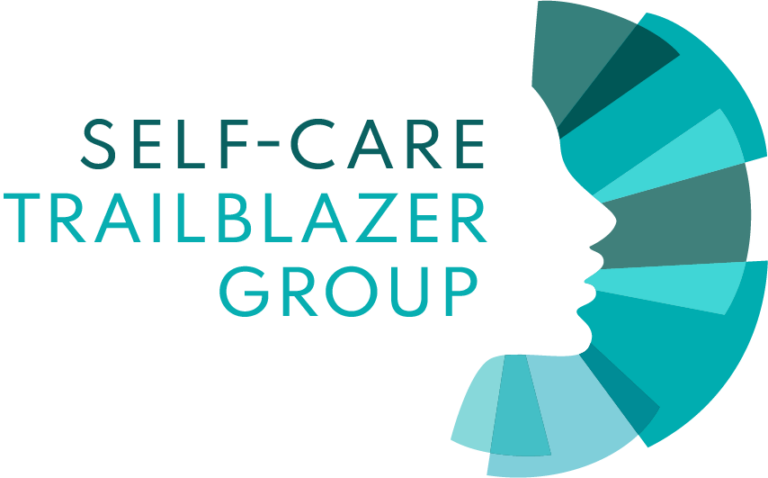In 2020, Uganda began the process of developing a national self-care guideline for sexual and reproductive health and rights, based on the World Health Organization (WHO)’s guideline on self-care, released in June 2019 and revised in 2022. The WHO guideline provides a people-centered, evidence-based framework along with normative guidance to support individuals, communities, and countries to put in place high-quality health services and self-care interventions.
Uganda’s goal was to advance these principles while ensuring that the national policy was well adapted to Uganda’s health system and cultural context. A traditional approach to creating policies involves stakeholder consultations, and inclusion of a monitoring component so the government can assess over time how the policy will affect the health system, then modify the policy during the next drafting cycle (or 5 years later) as needed. In this case, Uganda chose an innovative approach to policy development — “sandboxing,” which included rapid application and testing in one district, then modifying the policy before finalizing it.
How-to for Other Countries
Acknowledging the gap in documentation of approaches to health policy development, Samasha Medical Foundation partnered with USAID’s PROPEL Health project to create a how-to guide based on this work, titled “Localizing WHO Guidelines on Self-Care: A Practical Guide From Uganda.” The guide documents Uganda’s innovative approach and illuminates a guideline development process that may be helpful for other countries. It is organized by the five phases of the process, detailing the purpose and objectives of each phase, Uganda’s experience, lessons learned, and suggested activities and tools for other countries wishing to follow a similar process to develop national self-care guidelines. The lessons learned were developed to be relevant to other countries working towards a national self-care guideline and relate to both the policy creation and testing process and the self-care interventions themselves. The Government of Liberia is currently using this how-to guide to replicate the Uganda approach, with the expected result of national self-care guidelines adapted to the Liberia context.
Uganda’s Five Phase Approach
Uganda’s five-phase approach to developing, testing, and implementing self-care guidelines can help to ensure that a country’s self-care guidelines are supported by national and district leadership; fit within the existing health system; and are acceptable and appropriate to health workers, self-carers, and other stakeholders.
